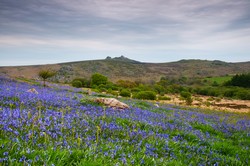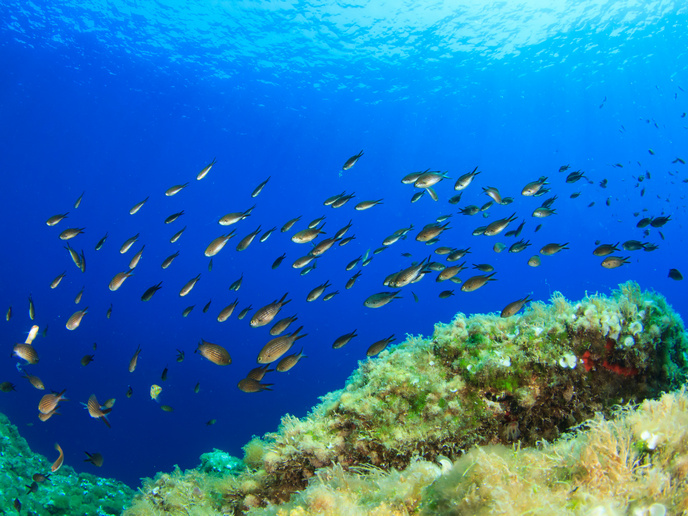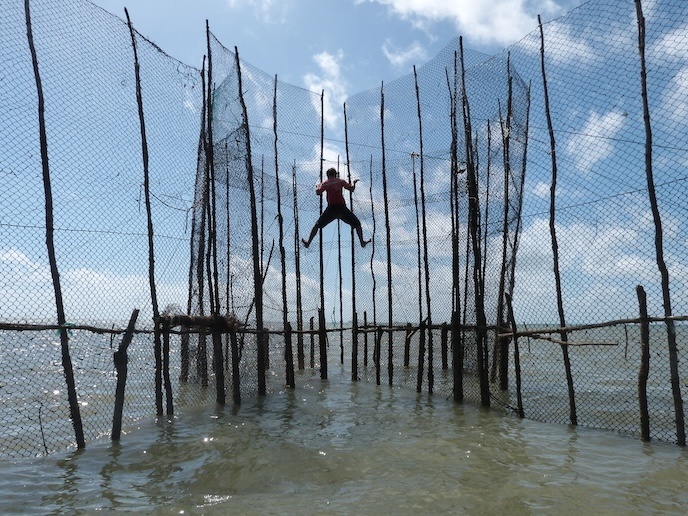In-depth study on how neo-liberal ideology affects natural protected area management and governance
The EU-funded PAENCE(opens in new window) (Protected areas and the expansion of neoliberal capitalism in Europe) project sought to identify and understand the technologies of government and power relations behind nature conservation’s changes and transformations. It examined the neo-liberal ideology’s expansion into the management of natural protected areas (NPAs) in post-crisis Europe, namely Ireland and Spain. Project partners carried out case studies in the two EU countries to analyse changing relations between the state, nature and society. They studied the changing role of the state in conservation from the perspective of the practices and discourse of actors responsible for governing protected nature. Activities focused on the complex network of individuals and institutions that manage and govern NPAs in Ireland and Spain. A broad range of public and private sector stakeholders were interviewed. Researchers came up with two main findings. First, the economic crisis in countries like Ireland and Spain creates a situation of economic austerity that leads to state disinvestment in several public policy fields, including conservation. This situation forces such state agents and institutions that oversee NPA management and government to find alternative ways to exert power over them, including the search for private investors and public-private partnerships. State agents engage in neo-liberal conservation strategies not only to facilitate the creation of new forms of capital accumulation based on green economy, but also to regain governmental legitimacy over the territories, resources and social groups targeted by conservation policies. Second, state agents’ efforts result in a redefinition of the relationship between the state, nature and society, which is marked by the transition from a protectionist state to a hands-off one. In this transition, nature is seen as an enterprise. The global biodiversity discourse nowadays overlaps and merges with the global neo-liberal discourse. PAENCE provided valuable insight into the power relations, social processes and technologies of government used in the transformation of NPAs.





